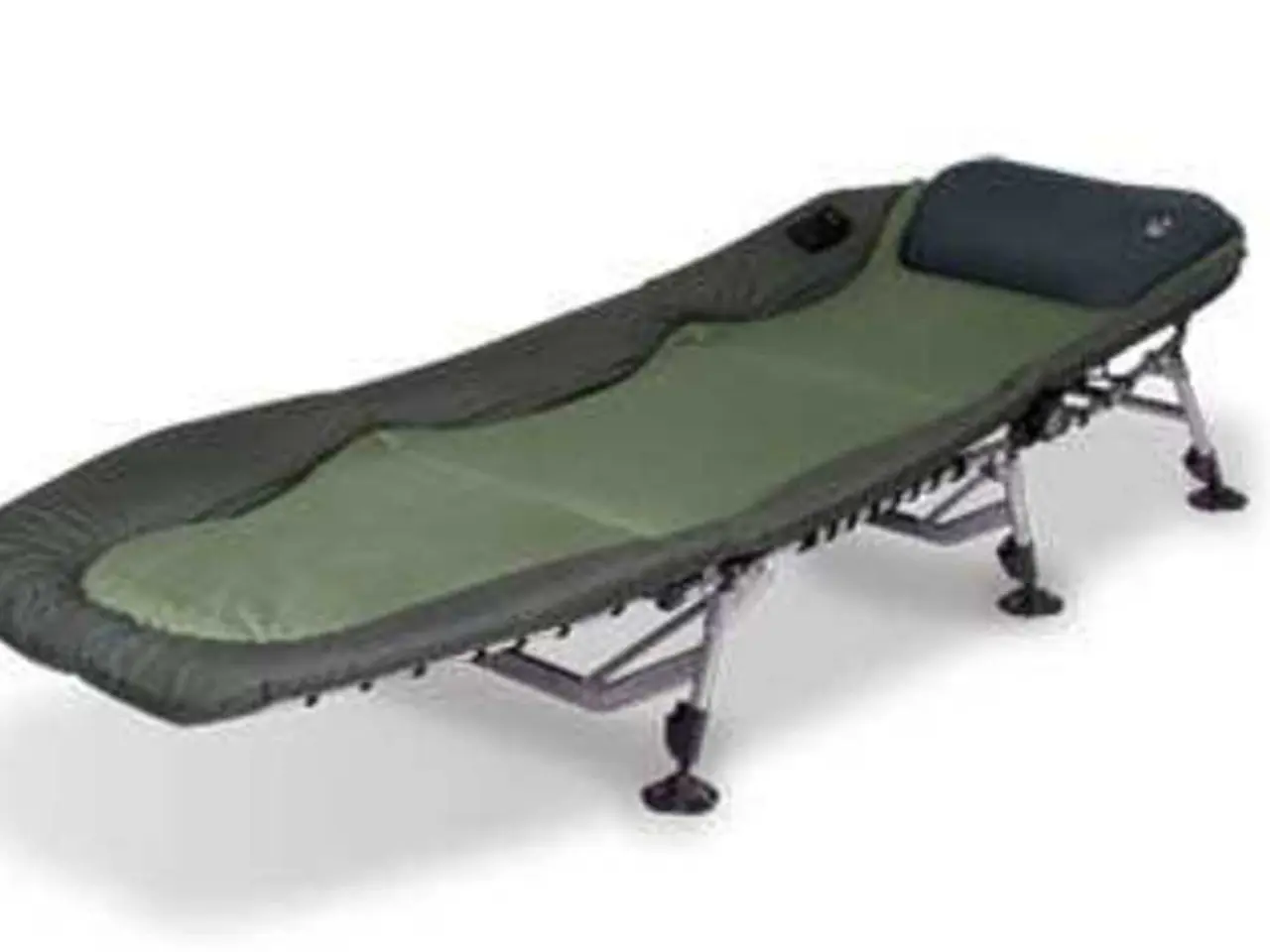Cough-induced urination: An occurrence to ponder over
**Managing Stress Incontinence: A Comprehensive Guide**
Stress incontinence, a condition where individuals unintentionally leak urine during physical activity, is a common issue affecting both men and women. While it is more prevalent in women due to biological and anatomical factors, it can be managed effectively with the right approach.
**Understanding the Causes**
In women, stress incontinence is often caused by pelvic muscle weakness or fatigue, which can be the result of pregnancy, childbirth (especially multiple pregnancies or difficult labor), and menopause. Hormonal changes during menopause can also worsen the condition, as reduced estrogen levels can deteriorate the bladder and urethra lining. Other causes include pelvic surgeries, aging, and neurological conditions.
Men, on the other hand, are more likely to develop stress incontinence due to prostate conditions, such as an enlarged prostate or untreated prostate cancer, which can cause bladder outlet obstruction or affect bladder control. Neurological disorders can also disrupt nerve signals controlling bladder function, leading to stress or urge incontinence.
**Treatment Approaches**
The first line of defense against stress incontinence is often lifestyle modifications. These can include weight loss, avoiding bladder irritants, scheduled voiding, and regular Kegel exercises to strengthen the pelvic muscles.
Kegel exercises, also known as pelvic floor muscle exercises, are essential for women post-pregnancy and can be done independently or with the help of a pelvic floor therapist using biofeedback. Men may also benefit from these exercises, particularly if they have undergone prostate surgery.
In some cases, medical interventions may be necessary. For men, treating prostate enlargement medically or surgically may reduce symptoms. Medications to improve bladder function or reduce urgency can also be prescribed.
For severe cases or anatomical defects, surgery may be recommended. A sling procedure is a common option, while other surgical methods may be used to restore pelvic support or correct obstructions.
Incontinence products, such as adult diapers or pads, can help manage symptoms during treatment. Patients with neurological conditions may require tailored management strategies.
**Seeking Professional Help**
Stress incontinence is a manageable condition, and patients are encouraged to seek professional help for personalized treatment plans. It is crucial to discuss management options with a healthcare provider to ensure the best possible outcome.
Remember, it's essential not to let embarrassment prevent you from seeking help. Stress incontinence is a widespread condition, and many people find relief through appropriate medical care and lifestyle adjustments.
[1] Mayo Clinic. (2021). Stress incontinence. https://www.mayoclinic.org/diseases-conditions/stress-incontinence/symptoms-causes/syc-20354761
[2] NHS. (2021). Stress incontinence. https://www.nhs.uk/conditions/stress-incontinence/
[3] Urology Care Foundation. (2021). Stress incontinence. https://www.urologyhealth.org/urologic-conditions/stress-incontinence
[4] National Institute of Neurological Disorders and Stroke. (2021). Parkinson's disease. https://www.ninds.nih.gov/Disorders/All-Disorders/Parkinsons-Disease-Information-Page
- Stress incontinence is a prevalent condition that affects both men and women, causing unintentional urine leakage during physical activity.
- In women, causes include pelvic muscle weakness or fatigue, often resulting from pregnancy, childbirth, menopause, surgery, or neurological conditions.
- Men are more prone to stress incontinence due to prostate conditions or neurological disorders disrupting bladder function.
- Lifestyle modifications such as weight loss, avoiding bladder irritants, scheduled voiding, and Kegel exercises are initial treatment approaches.
- Kegel exercises, essential for women post-pregnancy, can be done independently or with a pelvic floor therapist's help.
- Medical interventions may include prostate treatment, medications for bladder function, and surgery for severe cases or anatomical defects.
- Incontinence products like adult diapers or pads can help manage symptoms during treatment.
- Patients should consult healthcare providers for personalized treatment plans, overcoming embarrassment to seek appropriate medical help.
- Stress incontinence can be effectively managed through proper care and lifestyle adjustments.
- Mayo Clinic provides comprehensive information on stress incontinence (Mayo Clinic, 2021).
- The National Health Service (NHS) offers resources on managing stress incontinence (NHS, 2021).
- The Urology Care Foundation provides information for patients dealing with stress incontinence (Urology Care Foundation, 2021).
- The National Institute of Neurological Disorders and Stroke offers resources on Parkinson's disease, a neurological disorder related to stress incontinence (National Institute of Neurological Disorders and Stroke, 2021).
- Mental health, like depression or bipolar disorders, can coexist with stress incontinence, requiring concurrent management strategies.
- Alzheimer's disease, a degenerative neurological disorder, can lead to incontinence as one of its symptoms.
- Men's health encompasses multiple areas, including stress incontinence, prostate conditions, and other chronic diseases like type-2 diabetes or cardiovascular health issues.
- Women's health concerns extend beyond stress incontinence and encompass digestive health, eye health, hearing, and skin conditions such as psoriasis.
- Autoimmune disorders like rheumatoid arthritis can impact the joints, causing discomfort and affecting bladder control.
- Incorporating nutrition, fitness and exercise, and therapies and treatments for various medical conditions and mental health concerns are essential components of overall health and wellness.








